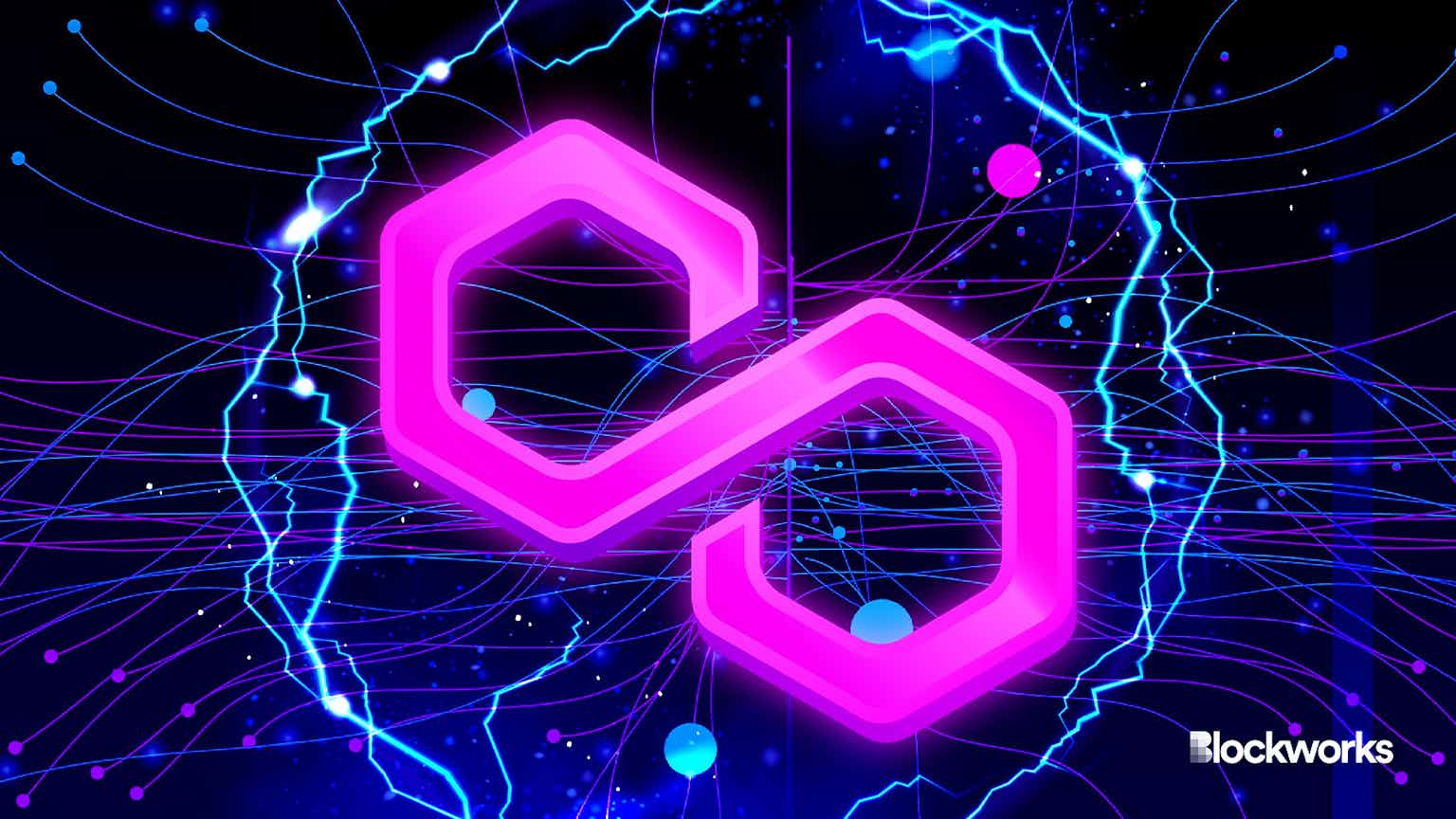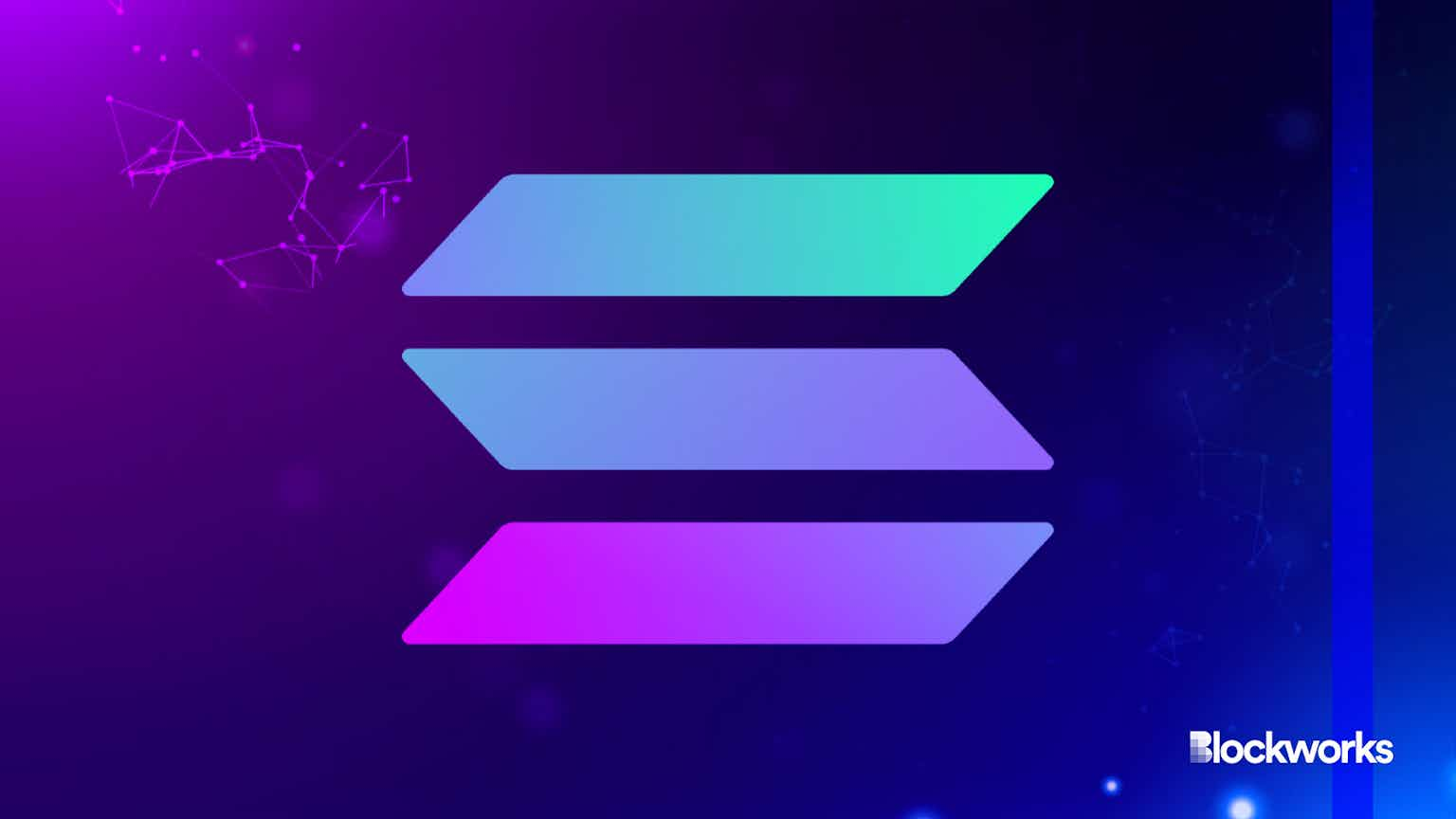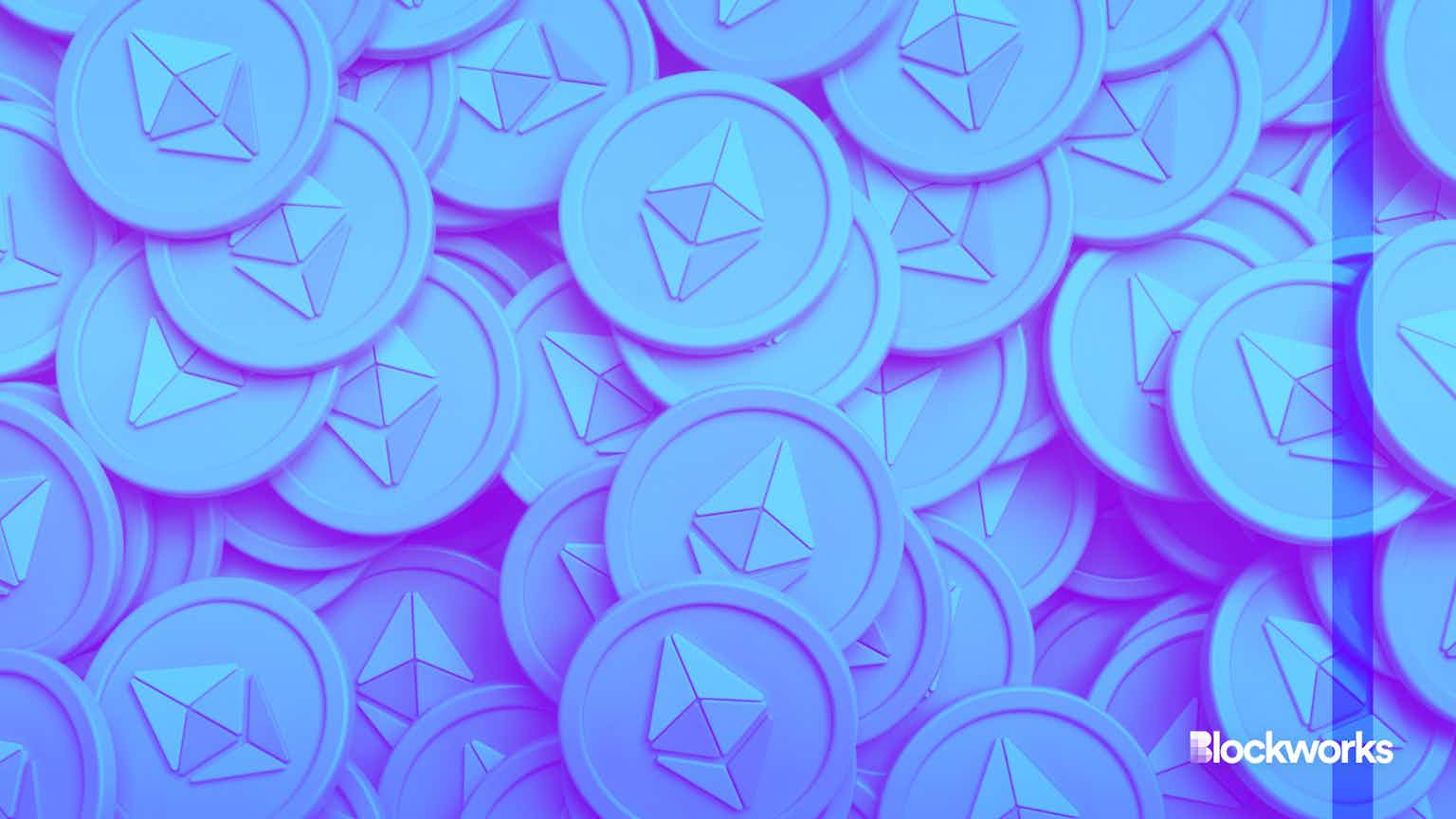Skip introduces a new way to build blocks on Cosmos
Cosmos chains today rely primarily on a conventional block construction method called CometBFT which has limited applicability

Billion Photos/Shutterstock modified by Blockworks
Blockchain infrastructure provider Skip Protocol has released a new software development kit (SDK) aimed at giving block builders modular control over the order of transactions.
Named The Block SDK, the new toolkit features a set of primitives for the Cosmos SDK and ABCI++, which allows chains to customize their blocks.
Cosmos chains today rely primarily on a conventional block construction method called CometBFT which has limited applicability.
The typical implementation of CometBFT block construction faces vulnerabilities linked to maximal extractable value or MEV. This presents challenges like transaction frontrunning and sandwich attacks.
The Block SDK is designed so that individual blockchains can turn their blocks into so-called lanes, each with its own unique functions, according to Maghnus Mareneck, the co-founder of Skip.
“The lanes have their own verification, inclusion and ordering rules.They can be tailored towards transactions related to MEV, Oracle updates, light client updates [for example], you can configure each lane to treat transactions differently, and you can order lanes relative to each other,” Mareneck told Blockworks.
Building blocks
Usually, when using a blockchain, a transaction is submitted from the frontend, orderflow, or relayer and stored in the mempool.
The mempool is eventually executed as a block, wherein the transaction will be iterated in order and executed against the transaction.
According to Mareneck, it’s at the mempool layer that Skip’s new kit has an impact.
A transaction that comes into the mempool layer is normally added to the end of a long list of transactions, he explained. With The Block SDK, transactions are filled in different places and matched to different lanes.
“The mempool then becomes a block proposal and sent to all validators. Because the validators have the same sort of mempool structure, they can see if the proposer did the right thing with each transaction,” Mareneck said.
Orienting block space for apps
The overall purpose of this new SDK, Mareneck argued, is to accelerate the thesis that app chains are powerful, especially when compared to monolithic blockchains wherein all functionality exists on the base layer.
“[App chains] can orient their block space to their application,” he said. “If you’re a super high-speed order book chain, you might require a different mempool structure than a generalized smart contract chain [for example].”
The Block SDK is live on mainnets among several smaller blockchains in the Cosmos ecosystem, according to Mareneck.
He said the Skip team is also in conversation with larger app chains on Cosmos, including Cosmos and Neutron, about adapting its toolkit.
Start your day with top crypto insights from David Canellis and Katherine Ross. Subscribe to the Empire newsletter.




